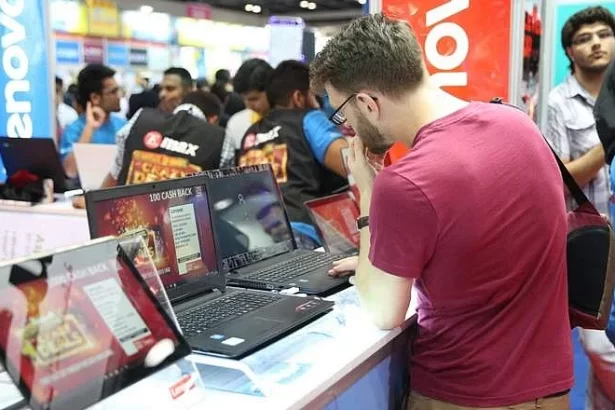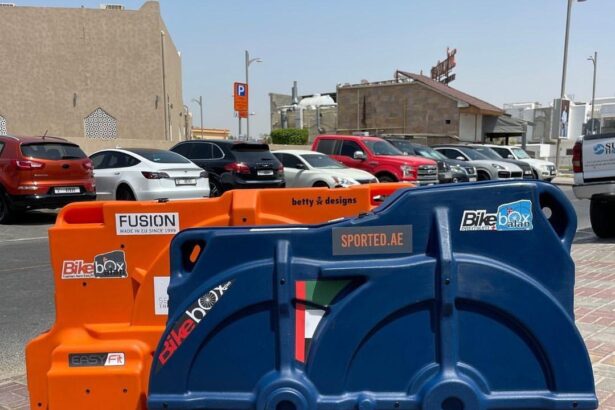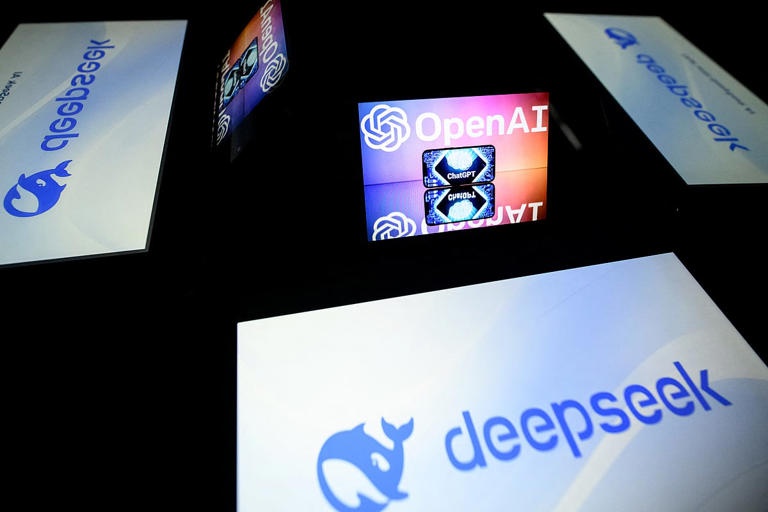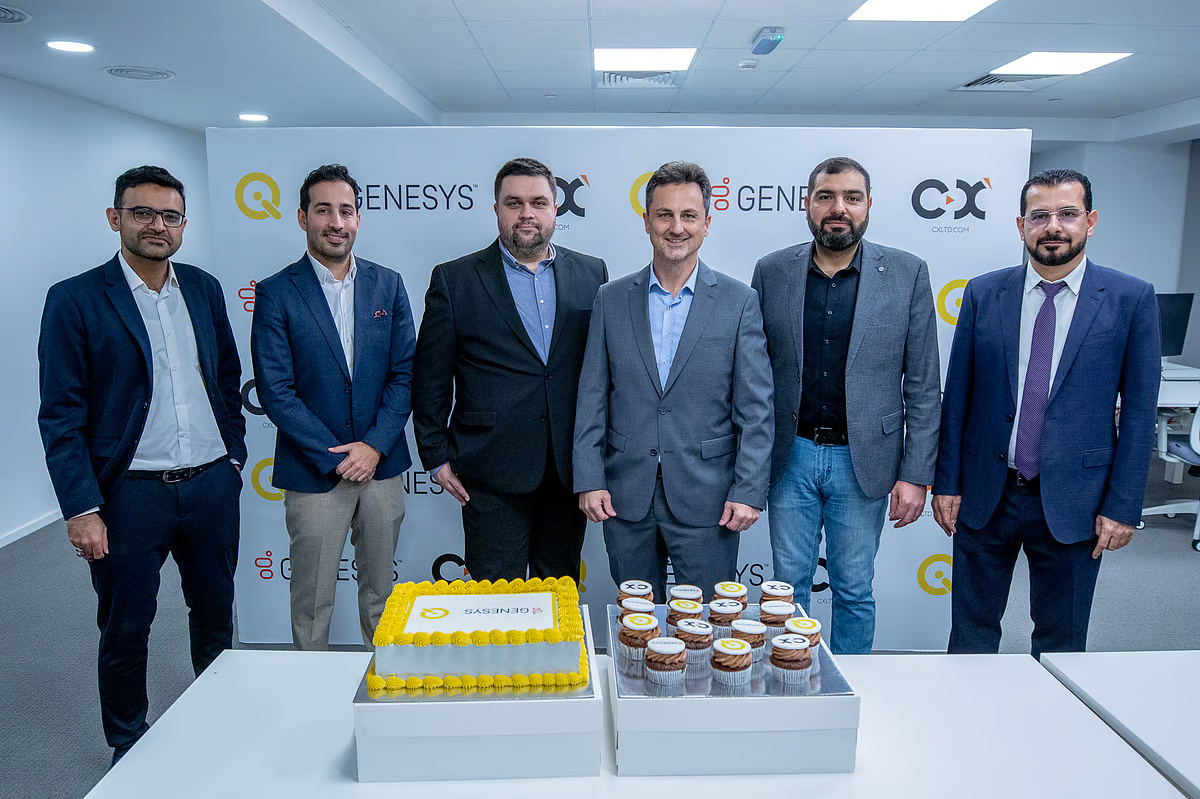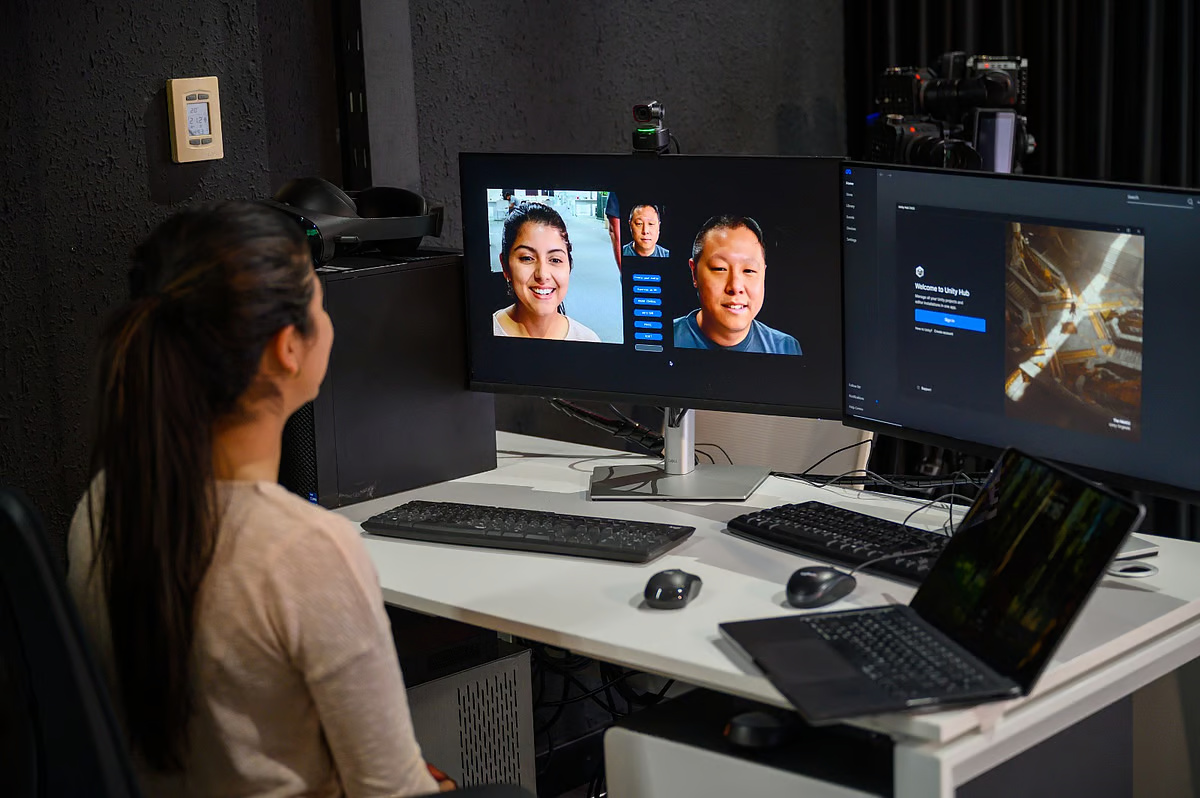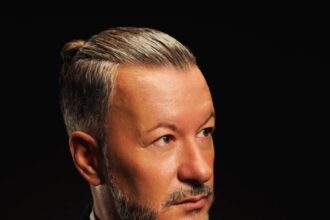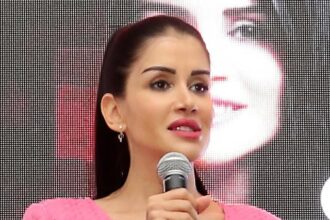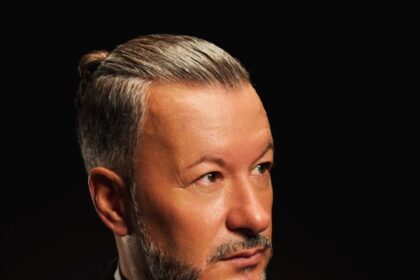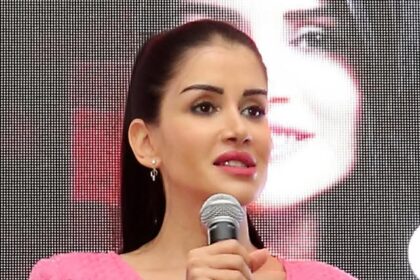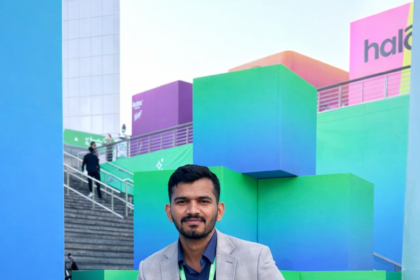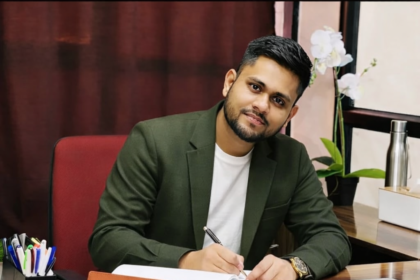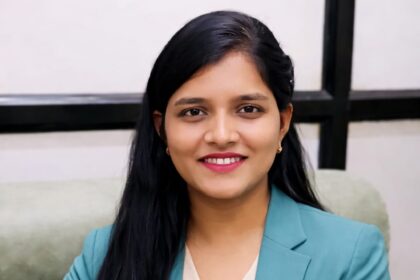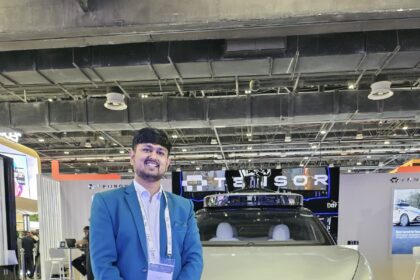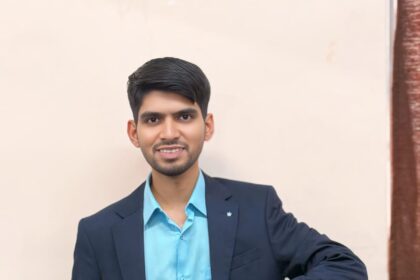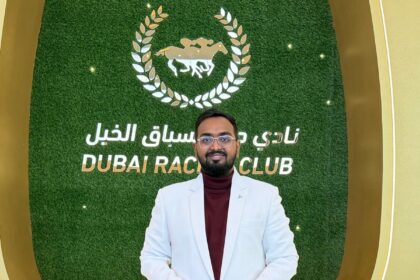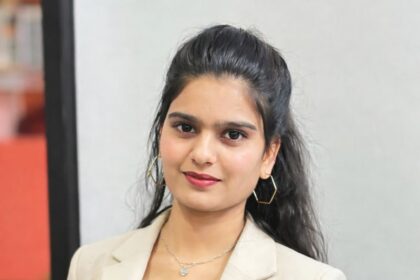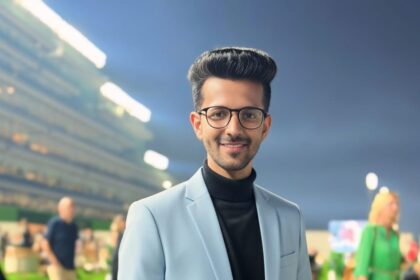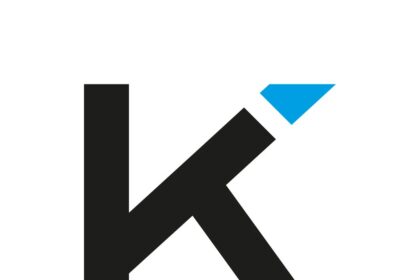Technology
UAE: Student develops AI system to help police detect crimes before they happen
A member of Dubai Police, and inspired researcher, has developed a homegrown system that could take crime prevention one step further — by detecting it before it happens. Dr Salem…
Nearly half of UAE consumers feel AI not meeting their customer service expectations
More than half (54 per cent) of UAE consumers say that failing to understand emotional cues is more of an AI trait than human, a study showed. According to research…
HCLTech’s 2025 Cloud Report: Why multicloud, GenAI and modernisation are no longer optional
In today’s digital-first world, cloud computing has moved beyond being just a strategic tool – it has become the very infrastructure on which future-ready businesses are built. That’s the overarching…
Sales of consumer tech and durables in Middle East and Africa to hit $68 billion this year
Computers on display at a showroom in Dubai.. Photos by File photo Total sales of consumer tech and durables in the Middle East and Africa (MEA) is expected to rise two…
Travelling with your Bike? Here’s everything you need to know about airline bike policies
The cyclist's travel dilemma For triathletes based in the EAU, traveling with your bicycle can feel like navigating a transition zone with bndaged eyes. Among the different airline policies, size…
Robot dog learns, adapts like humans, Swedish AI startup IntuiCell says
A Swedish AI startup company has created a robot dog named Luna that has a functional digital nervous system capable of learning and adapting like humans and many animals, the…
OpenAI launches new developer tools as Chinese AI startups gain ground
OpenAI launched new tools for developers on Tuesday that will help them build advanced AI agents, using a few application programming interfaces (APIs), amid growing competition from Chinese AI startups.…
Glowell seeks to revolutionising wellness with liposomal technology
Glowell, a pioneering wellness brand, introduces its advanced liposomal liquid supplements in the UAE, setting a new standard for health and self-care. Glowell’s innovative products leverage liposomal technology to deliver…
Qi implements Generative AI and Cloud technology from Genesys
Qi, a leading fintech consortium, has successfully implemented advanced Generative AI and Cloud technology from Genesys, a global leader in customer experience and call centre solutions headquartered in California, USA.…
UAE: How new technology at MBZUAI creates virtual avatar ‘in seconds’ through just webcam
Imagine speaking to someone across the world and seeing their facial expressions in real-time, as if they were sitting right in front of you. That’s what researchers at the Mohamed…
-
Check out other categories:
- UAE
- World
- Business
- Technology
- Cryptocurrency
- Life Style
Recent Posts
Miguel Novais: Leading with Vision, Building with Purpose
Beginning & Background Every great leader’s journey begins with a…
Dr. Soha Chahine: A Voice of Influence and Impact in the Digital Age
In an era where influence transcends traditional platforms and reshapes…
Dubai Headlines 2025 Awards Ceremony Celebrates Excellence Across Industries
The Dubai Headlines Awards 2025 celebrated outstanding professionals from diverse…
Dubai Headlines 2025 Awards Ceremony Celebrates Excellence Across Industries
Dubai witnessed a moment of pride and celebration as Dubai…






